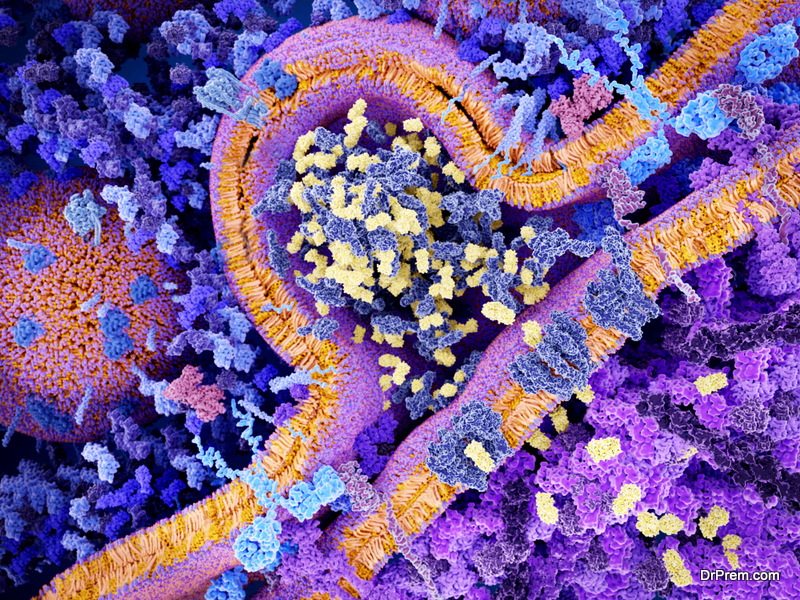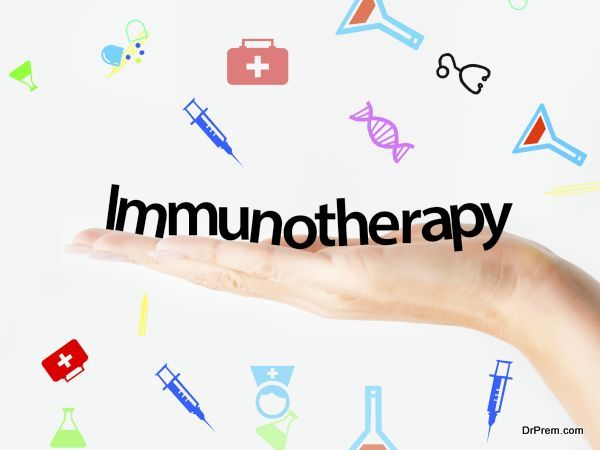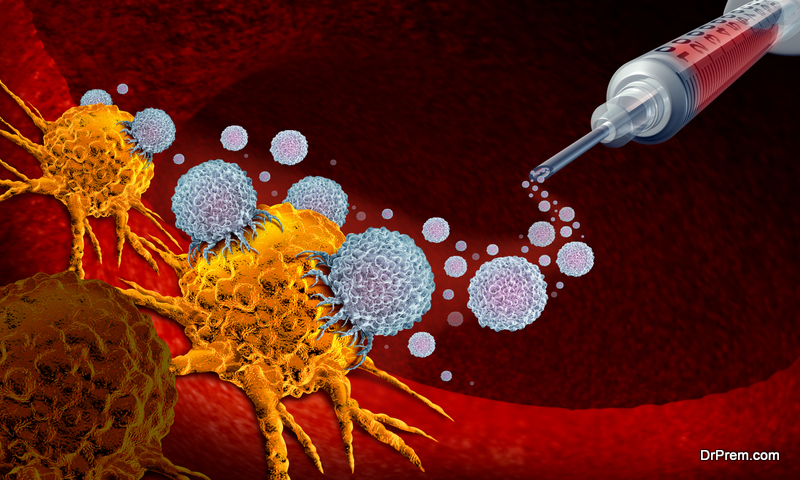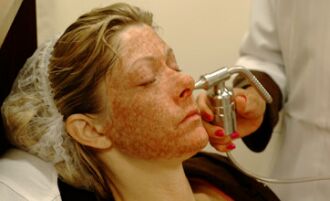If you have allergies, should you look into immunotherapy to help you relieve your allergy symptoms? Read on to learn about immunotherapy and why it might be a good treatment if you suffer from certain kinds of allergies and find out about the effectiveness of this treatment.
Be sure to consult your doctor or health care provider before starting a new course of treatment for your allergies or discontinuing your current allergy treatment. Allergies can be life-threatening and should always be taken seriously.
What Is Immunotherapy?

How Does Immunotherapy Work?
Immunotherapy works by introducing your immune system to the thing that causes the allergic reaction, a little bit at a time. It’s important to note that while the allergen is present in the immunotherapy injection, the injection won’t necessarily cause an allergic reaction. The injection is designed to contain a small amount of the allergy-inducing substance, but not enough to cause the allergic reaction.
By being introduced to your allergen in a series of injections, ideally, your immune system will learn that this substance can come into contact with your body without you having an allergic reaction. Immunotherapy won’t “cure” an allergy, but it may make the symptoms much more manageable.
Why Try Immunotherapy?

What Are Some Possible Side Effects?
Possible side effects to allergy shots generally fall into three categories: local, systemic and anaphylaxis. Local reactions might include redness, itching, and swelling. These reactions are generally mild and may go away on their own, usually within four to eight hours.
Systemic reactions are more serious. These may include chest tightening, hives, nasal congestion, sneezing, throat swelling and wheezing. If you experience a systemic allergic reaction, let your health care provider know immediately.
Anaphylaxis is a life-threatening emergency reaction. Its symptoms include low blood pressure and having trouble breathing. Go to an emergency room right away if you experience an anaphylactic allergic reaction. To help you prevent any possible side effects from the injection, your health care provider may recommend that you take an oral antihistamine and avoid physical activity before the injection.
How Effective is Immunotherapy?

Evidence also suggests that those who receive immunotherapy during or before pregnancy have children who are less likely to have the same allergy. The American College of Allergy, Asthma, and Immunology (ACAAI) reported in 2013 that these children had a 30%-40% risk of having the same allergy as the parent. Compare this to the 75% risk of inheriting the allergy in children whose parents did not receive immunotherapy before or during pregnancy.
An additional benefit of immunotherapy is that it may help reduce the medical costs associated with an allergy. Dr. Warner Carr of the ACAAI estimated that patients treated with immunotherapy save 33%-41% of the expense associated with treating their allergies. Although Dr. Carr did not state so specifically, the cost savings may have to do with the reduced need for medication.
What Types of Allergies Does Immunotherapy Work For?
Immunotherapy can be used for a wide variety of allergy types. These include allergies to insect stings, indoor allergies to allergens such as dust and pollen, and seasonal or hay fever allergies to outdoor allergens such as grass and pollen. Immunotherapy is usually not recommended as a treatment for drug, food or latex allergies. As yet there is no evidence that immunotherapy works for these three types of allergies.
Remember that if you experience any symptoms of an allergic reaction to an allergy injection, tell your doctor or health care provider right away or go to the nearest emergency room. An anaphylactic reaction to your allergen is a life-threatening condition and you need emergency medical treatment.
Article Submitted By Community Writer




